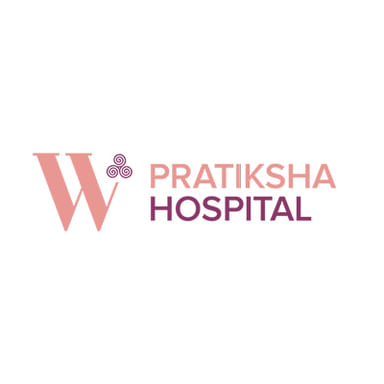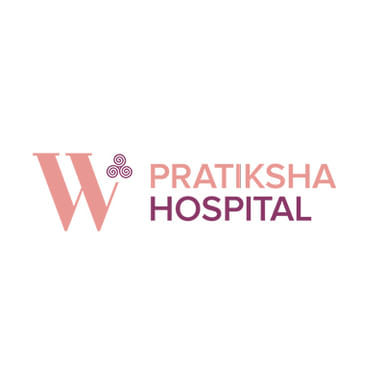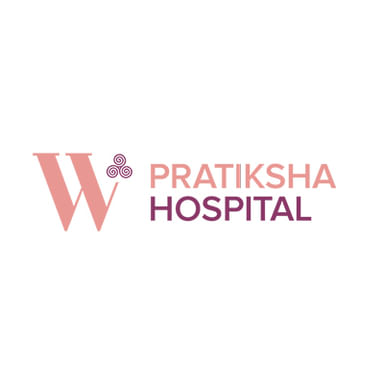W Pratiksha Hospital
Multi-speciality Clinic (Gynaecology, Pediatrics & more)
About Clinic
W Pratiksha Hospital in Gurgaon, the flagship hospital of Pratiksha Group is a one-of-its-kind facility in Gurgaon that brings to you 25 years of experience in treating thousands of happy ...read more
Clinic Location
Videos
Amenities
Parking
Cafeteria
Online Appointments
Reception
Waiting Lounge
Ac Rooms
Credit Card
Ambulance
Emergency Service
Blood Bank
Doctors in W Pratiksha Hospital
Network Hospital
W Pratiksha Out-Patient Clinic
W Pratiksha Hospital
Specialities
Doctors in W Pratiksha Hospital
Dr. M. K. Singh
Dr. Pooja Mehta
Dr. Yogesh Sharma
Dr. Hemant Sharma
Dr. Karn Mehra
Dr. Ajay Yadav
W Pratiksha Hospital Reviews
Suman
Jul 24, 2019Well experienced Dr
Gaurav
Sep 10, 2018It was a very good experience . Dr. Reema was very polite and calm which influenced me as well. She has a thorough knowledge of her field as just by seeing me she told me what was the problem so overall I am very satisfied....read more
Shobhna Bansal
Nov 03, 2018Such a warm doctor. She is very good and very very precise and methodical. I felt comfortable with the diagnosis.
Shobhna Bansal
Nov 03, 2018Such a warm doctor. She is very good and very very precise and methodical. I felt comfortable with the diagnosis.
Verified
Mar 16, 2019She is very good with kids, very calm
Question and Answers
Md.Sabir
male • 33 Year Old • Jan 30, 2020
I am a singer and actor. When I talking loudly and singing a song I feel pressure and irritation in 'tracheal cartilages areas. When I take montelukast and levocetirizin ...read more
Karn Mehra
5 years ago
You may have developed a local vocal cord pathology. You need to get in touch with an ent specialist.




